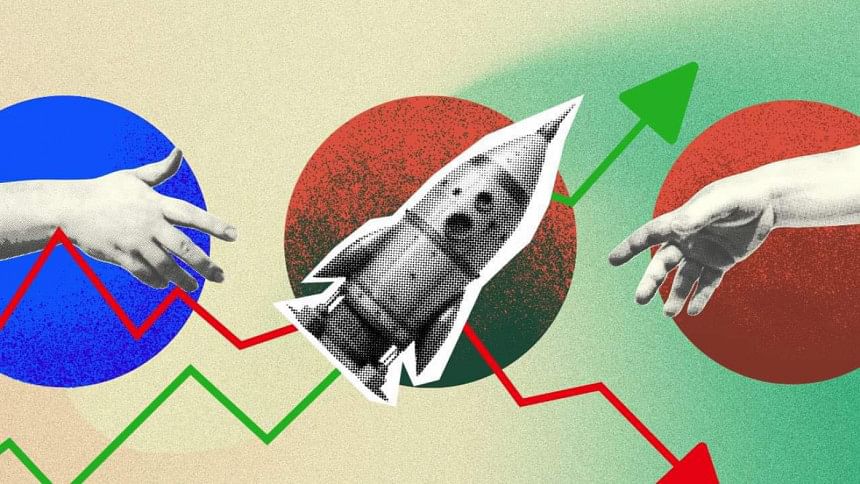The startup cap table - get it right to avoid future pain

One of the most overlooked yet critical elements of a startup's success is its shareholder capitalization table (cap table). Founders often rightly focus on product development, fundraising, and customer acquisition - but fail to recognize that a poorly structured cap table can limit future growth, deter investors, and even threaten long-term control of the business. Getting your cap table right from the start is not just a legal task — it's a strategic imperative.
A cap table is more than a spreadsheet tracking ownership percentages; it's a reflection of how well a startup is structured for long-term scalability. Founders often don't realize the long-term implications of these decisions until they need to raise from professional, institutional investors and discover their cap table shows a lack of cohesion, or that their own stake has been diluted too far.
In contrast, a clean, well-structured cap table shows that the founders understand ownership dynamics, got the right people at the table at the right levels, and have built a foundation that supports multiple future investment rounds.
So how do you structure a cap table to make it investor friendly?
- The co-founders should all be there and be there equally to begin with. If you have a co-founder - make sure they're as committed as you to working in the business and give them 50%. 33% for 3 etc.
- Avoid doing too much seed investing and ending up with a bunch of other names on cap table. 1-3 is fine, more than that you start to look unorganised.
- Vesting is your friend. Vesting is offering share options that convert in the future based on staying with the company. Use this for employees to increase their package value and improve retention but can be cancelled if they leave.
Follow these points and investors will see you've shown discipline and that you have a cap table that can sustain multiple Series rounds.
Remember - giving away ownership is easy and cheap, regaining ownership is a nightmare and very expensive.
Ben Jeffreys is the co-founder and CEO of ATEC Global .

 For all latest news, follow The Daily Star's Google News channel.
For all latest news, follow The Daily Star's Google News channel. 



Comments